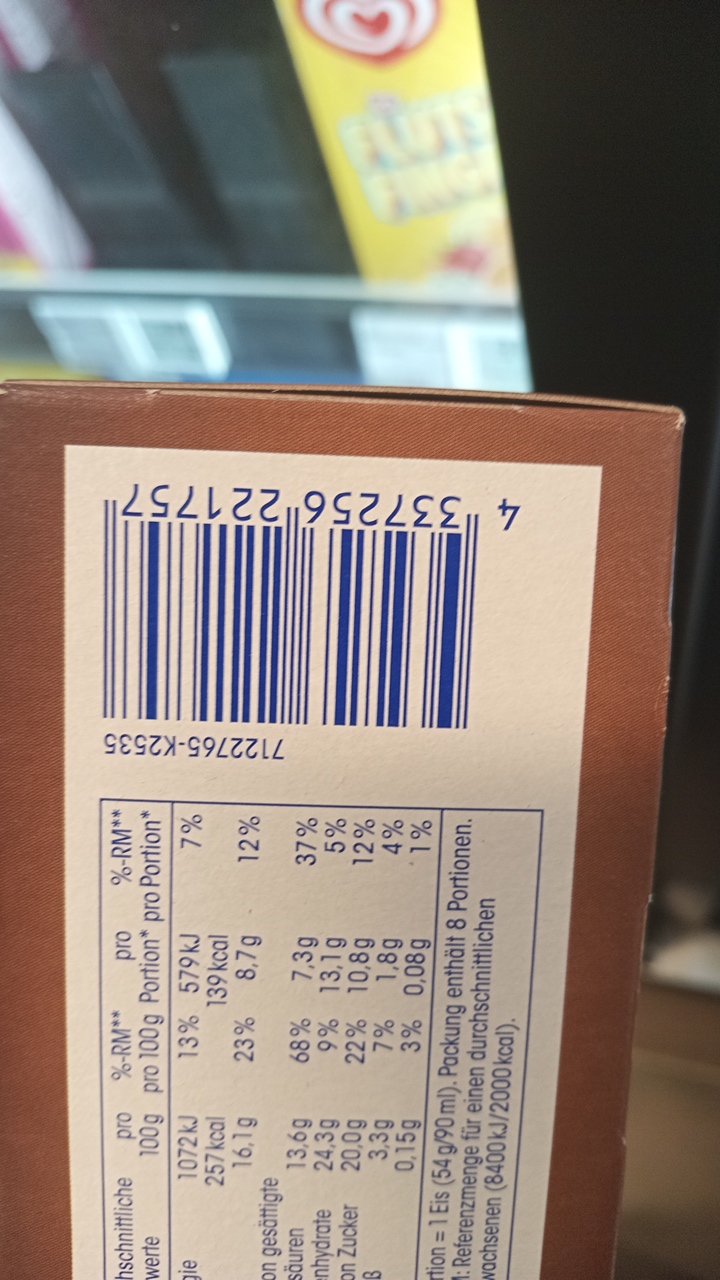
Barcode: 4337256221757
HALAL
📝 Reason: All ingredients listed are generally considered Halal as they do not contain any Haram substances or derivatives. The absence of meat ingredients and Haram E-codes supports this classification. For comprehensive Halal guidelines, refer to Islamic dietary laws and certification bodies.
📄 Certificates: None
Ingredients:
Details
Understanding the Halal Status of the Product
This product is classified as Halal, meaning it adheres to Islamic dietary laws and principles. When considering a product’s Halal status, it is crucial to examine its ingredients comprehensively. In this article, we will explore the ingredient list and discuss the Halal implications based on the current understanding of dietary laws.
Ingredients Breakdown
The product contains the following ingredients: sugars, sättigte, säuren, kohlenhydrate, zucker, and fett. To determine their Halal status, let’s delve deeper into each ingredient:
1. Sugars
Generally considered Halal unless derived from Haram sources. Sugars are basic carbohydrates and do not pose any compliance issues under Halal guidelines. For more details, you can refer to this source.
2. Sättigte
This ingredient is assumed Halal as there are no Haram sources identified. Sättigte, being a form of saturated fats, are typically derived from plant-based sources, making them acceptable under Halal regulations.
3. Säuren
Similar to zetten, säuren is assumed Halal. These acids are generally used as preservatives or flavoring agents and are not derived from animal sources.
4. Kohlenhydrate
Kohlenhydrate or carbohydrates are generally considered Halal unless derived from Haram sources. Most carbohydrates are plant-derived, thus aligning with Halal dietary laws.
5. Zucker
Zucker, like sugars, is generally Halal unless sourced from restricted substances. This ingredient does not conflict with Halal dietary rules.
6. Fett
Fett is assumed Halal as there are no identified Haram sources. It typically comes from plant oils, making it Halal compliant.
Why This Product is Halal
All ingredients listed are generally considered Halal as they do not contain any Haram substances or derivatives. The absence of meat ingredients and any Haram E-codes supports this classification. This product also lacks any certificates, but its composition alone confirms its Halal status.
Conclusion
If you are searching for Halal products, understanding the ingredients is paramount. We’ve examined each component of this product, confirming that it adheres to the guidelines set forth by Islamic dietary laws. In a world where Halal certification can heavily influence purchasing decisions, knowing the source and nature of what you consume is essential for compliant eating.
For comprehensive Halal guidelines, you can always refer to reputable Islamic dietary bodies and certification providers that uphold these dietary laws.
